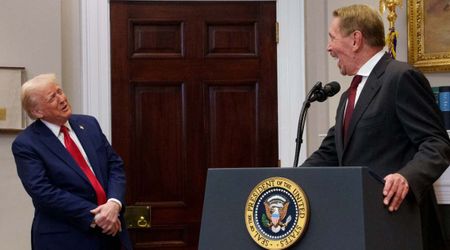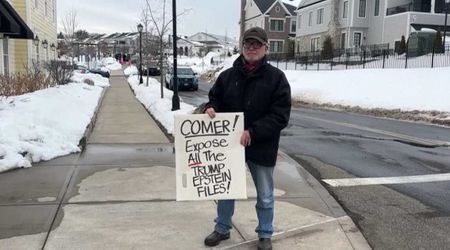Federal appeals court blocks Trump administration from sending National Guard into Illinois
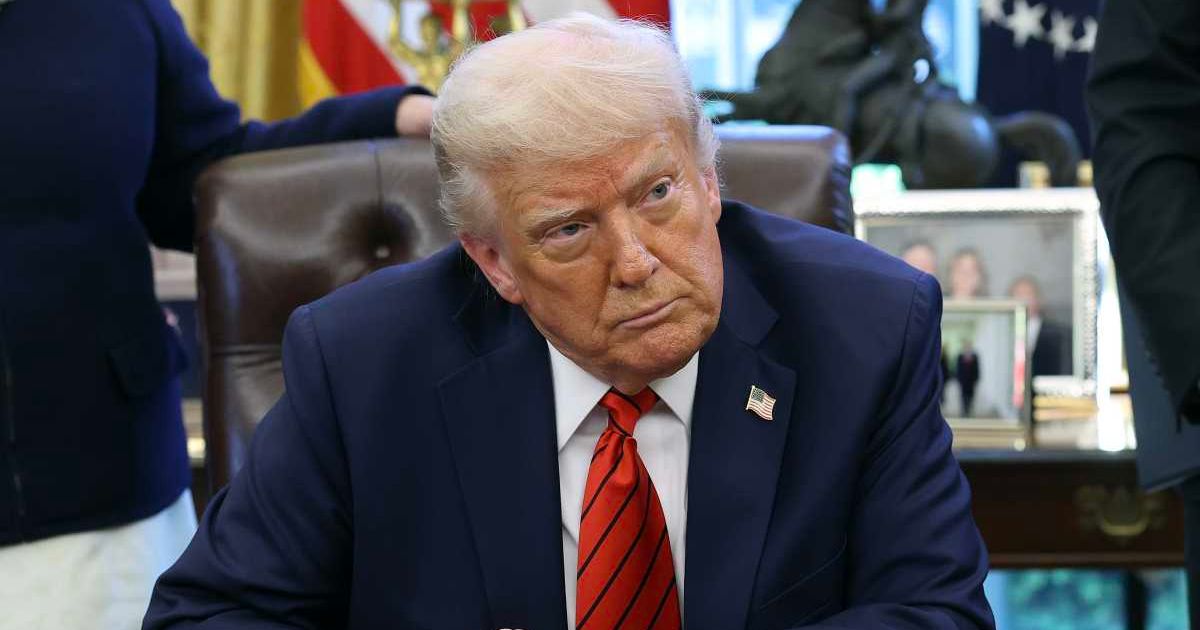
CHICAGO, ILLINOIS: A federal appeals court on Thursday, October 16, rejected the Trump administration’s attempt to deploy hundreds of National Guard troops in Illinois, upholding a lower court’s decision that blocked the move.
The 7th US Circuit Court of Appeals, in a unanimous ruling by a three-judge panel, said that the administration “has not demonstrated that it is likely to succeed” on its claims that such a deployment was necessary to maintain order and secure federal immigration facilities.

Court rejects federal appeal on deployment order
The decision dealt a blow to President Donald Trump’s efforts to expand federal law enforcement operations in Illinois and Chicago.
The White House had argued that the deployments were needed to combat crime and protect Immigration and Customs Enforcement (ICE) facilities amid rising tensions.
In its ruling, the appeals court found no substantial evidence that protest activity in Illinois had disrupted federal immigration operations.
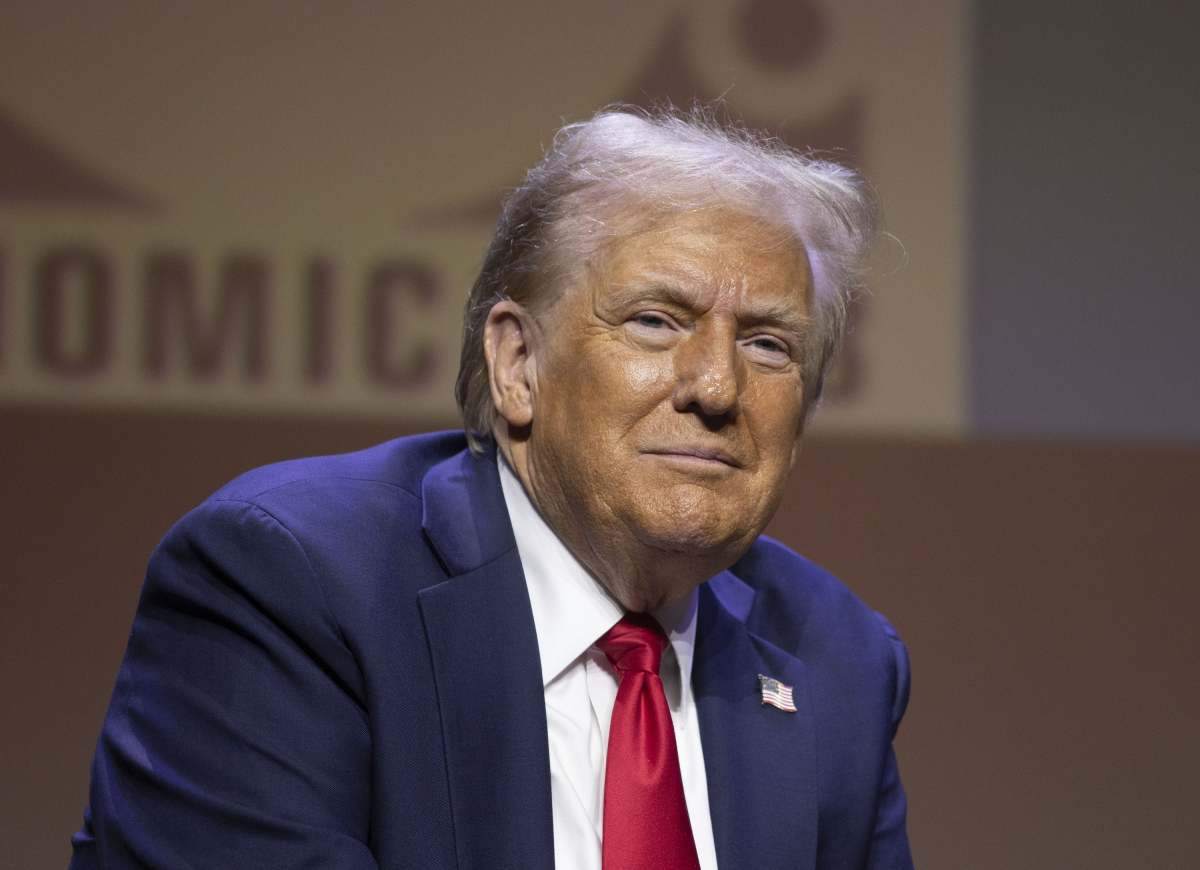
“Even applying great deference to the administration’s view of the facts, under the facts as found by the district court, there is insufficient evidence that protest activity in Illinois has significantly impeded the ability of federal officers to execute federal immigration laws,” the panel said.
The court noted that federal facilities, including the Broadview processing center, remained open despite frequent demonstrations, and that any sporadic disruptions were “quickly contained by local, state, and federal authorities.”
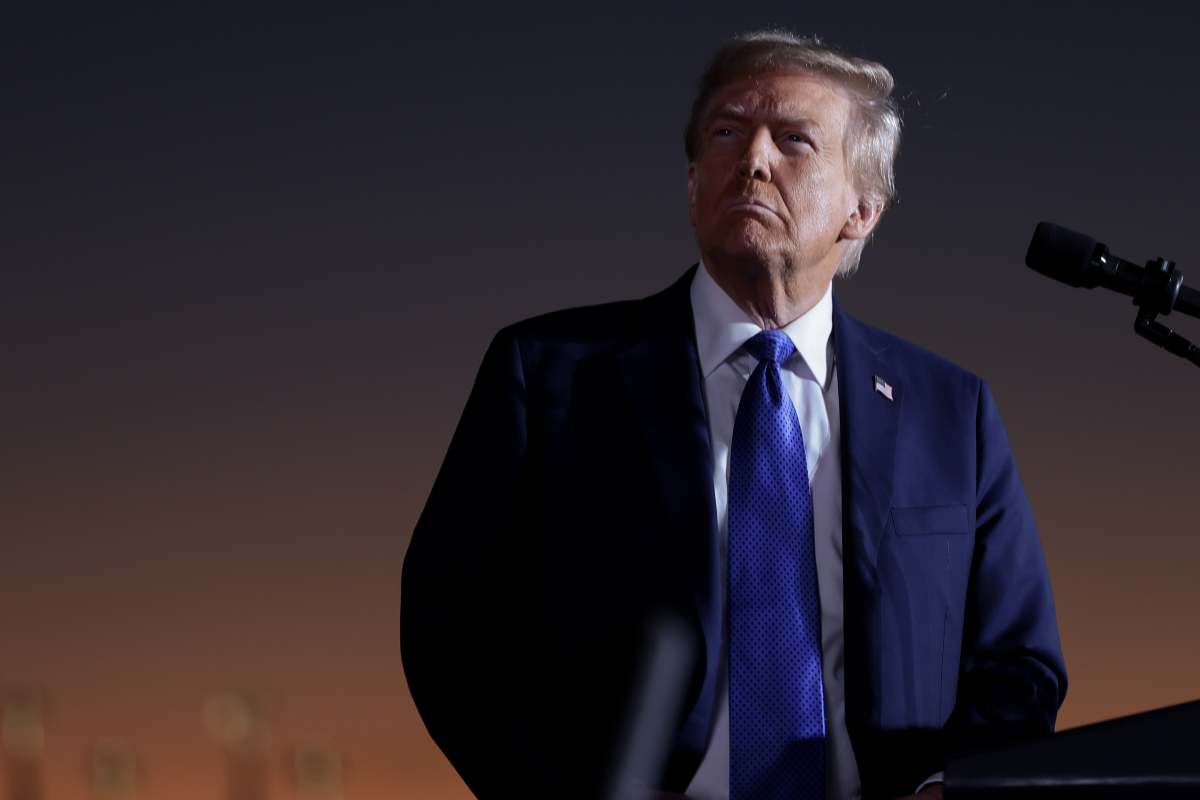
“Immigration arrests and deportations have proceeded apace in Illinois over the past year,” the judges added.
The ruling also noted that, "The administration has been proclaiming the success of its current efforts to enforce immigration laws in the Chicago area.”
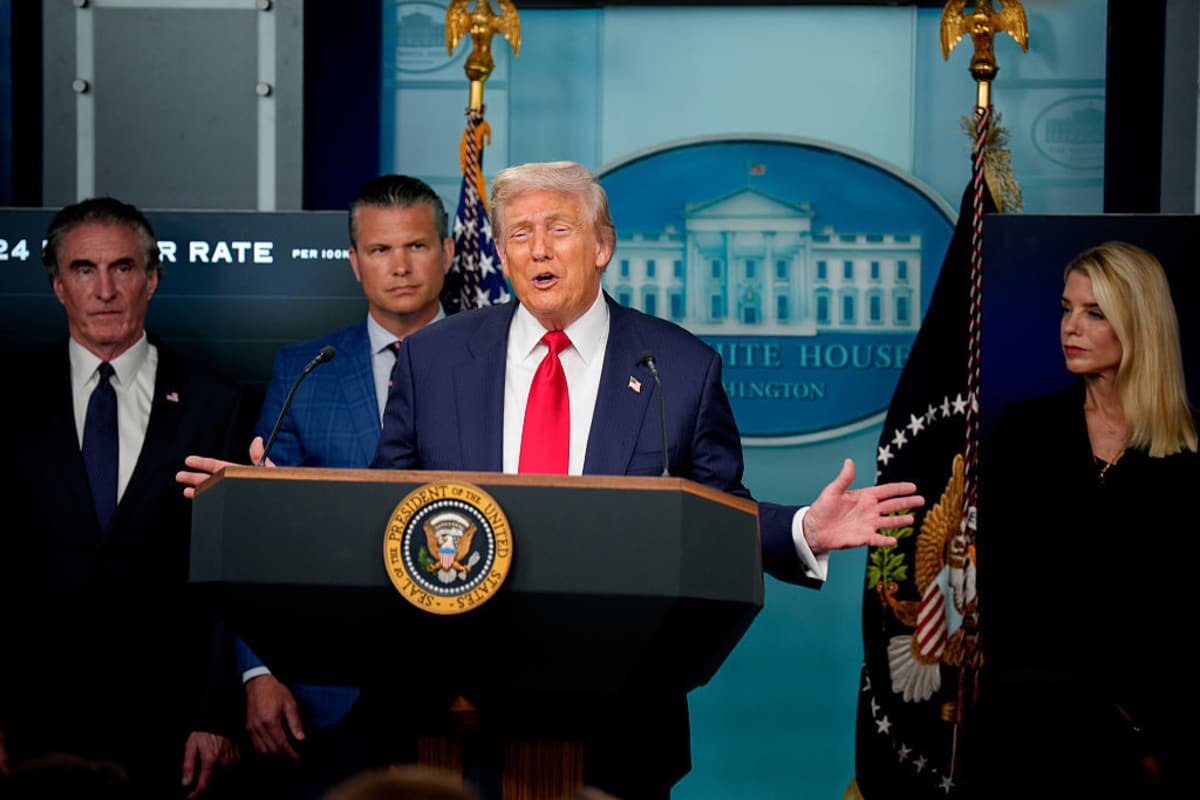
Court ruling bars troops from Illinois
The appeals court also extended its decision to prevent troops from the Illinois and Texas National Guards from being deployed within Illinois.
The panel described the deployment of Texas Guard units into the state as “an incursion on Illinois’s sovereignty.”
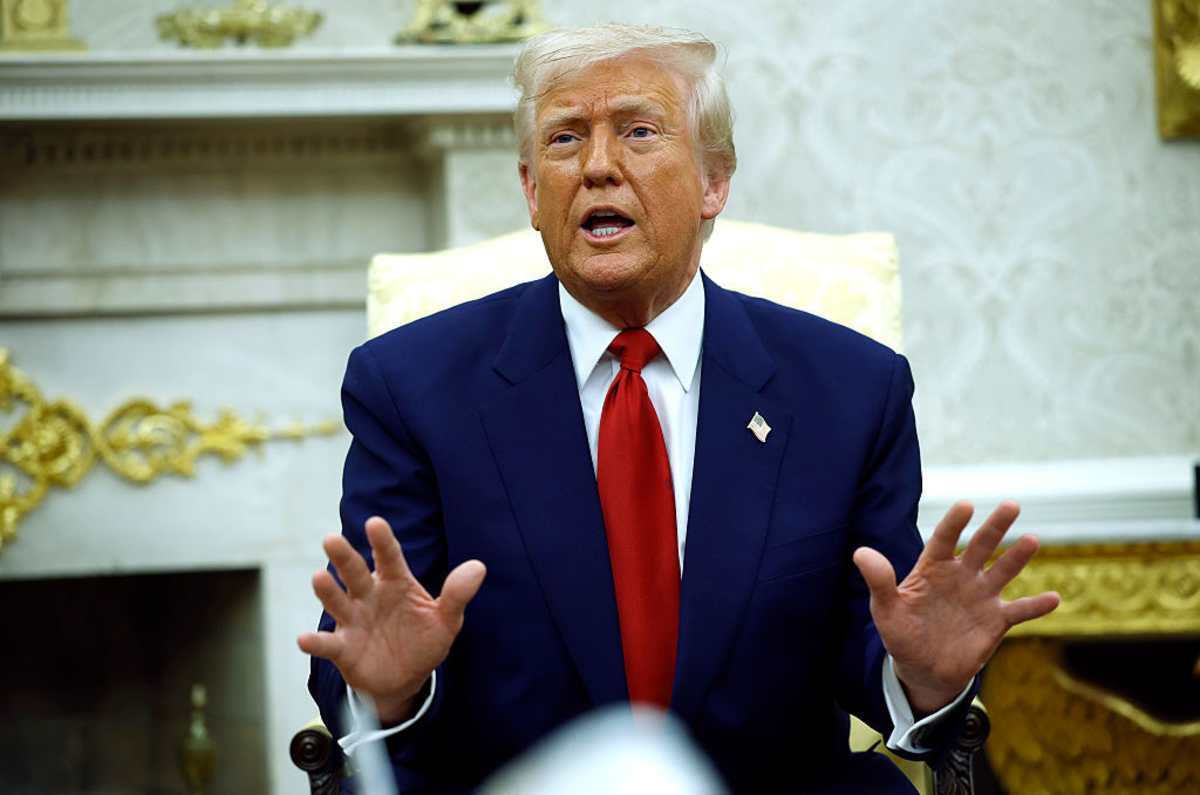
Previously, the court had issued an administrative stay allowing National Guard troops to be federalized but not deployed while it considered the case. Thursday’s ruling ends that stay and firmly blocks any deployment under the current order.
Meanwhile, Trump, on October 7, said he could invoke the 'Insurrection Act' if federal courts continue to block his administration’s efforts to send National Guard units into cities facing unrest.
EYES ON 👀
— Clandestine (@WarClandestine) October 6, 2025
Trump confirms he is willing to invoke the Insurrection Act!
He says that it has not been necessary yet, but he is willing to do it if the courts/governors/mayors interfere.
I’d argue that we are already at that point, and this is soft disclosure of what is to come. pic.twitter.com/MkSNz7M8pa
The Insurrection Act is a centuries-old law that allows a president to deploy US troops on American soil.
“So far it hasn’t been necessary, but we have an Insurrection Act for a reason,” Trump told reporters in the Oval Office.
“If I had to enact it, I’d do that. If people were being killed, and courts were holding us up, or governors or mayors were holding us up, sure, I’d do that,” the president said.
“I want to make sure people aren’t killed. We have to make sure our cities are safe,” he added.


